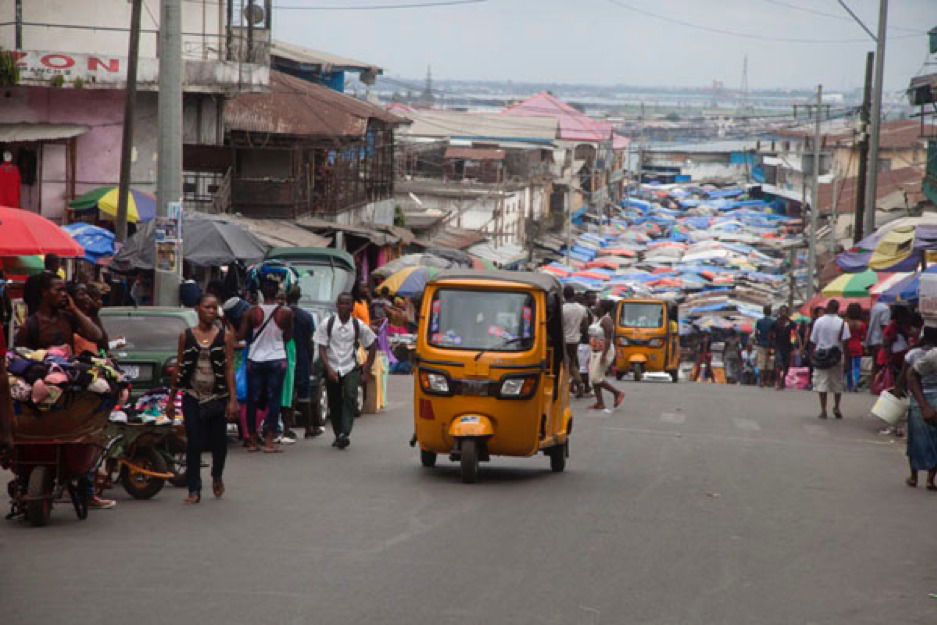Eight African Nations Listed as Fragile States in 2025 Assessment

A recent global assessment of political stability, governance capacity, and economic resilience has listed eight African countries as fragile states in 2025, according to development and policy experts monitoring state performance on the continent. The designation of “fragile state” refers to nations facing serious challenges in governance, security, economic management, or social cohesion, often characterized by weak institutions, ongoing conflict, political instability, or lack of public service delivery. The eight African countries classified as fragile in 2025 are: BurundiChadComorosRepublic of Congo (Congo-Brazzaville)EritreaGuinea-BissauLibyaSão Tomé and Príncipe These countries, while unique in their political and economic landscapes, share common indicators of fragility, including prolonged conflict or political unrest, high levels of poverty and unemployment, weak rule of law, limited infrastructure, and underperforming public institutions. According to policy analysts, the inclusion of these countries on the list is not intended as a condemnation but rather as a call to action for both domestic leaders and international development partners to intensify efforts toward stabilization, peacebuilding, and sustainable development.
Country Highlights
Burundi continues to grapple with post-conflict recovery, constrained political space, and economic vulnerabilities. Chad, though rich in natural resources, remains affected by regional insecurity, weak governance, and humanitarian pressures from internal displacement and migration. Comoros faces structural economic challenges and political instability that undermine its resilience and reform efforts. The Republic of Congo suffers from governance gaps, economic mismanagement, and high public debt, despite its oil wealth. Eritrea’s isolationist policies and indefinite national service have weakened its socio-economic outlook and global integration. Guinea-Bissau remains fragile due to repeated political upheavals, narcotics trafficking, and weak institutional capacity. Libya, a country rich in oil, continues to struggle with competing governments, armed militias, and a fragile peace process. São Tomé and Príncipe, while relatively peaceful, faces fiscal imbalances, youth unemployment, and vulnerability to climate-related risks. International institutions such as the African Union, the United Nations, the World Bank, and regional economic communities are working collaboratively with these nations to provide technical assistance, conflict resolution mechanisms, and targeted investments to address their unique challenges. Experts emphasize that fragile states require customized support, focusing on good governance, inclusive development, security sector reform, and institutional strengthening to avoid regression and build long-term resilience. While fragility presents serious challenges, it also offers opportunities for transformation through coordinated national and international engagement.


